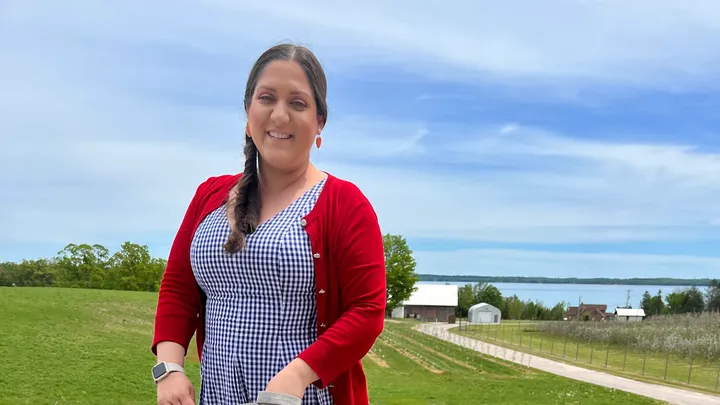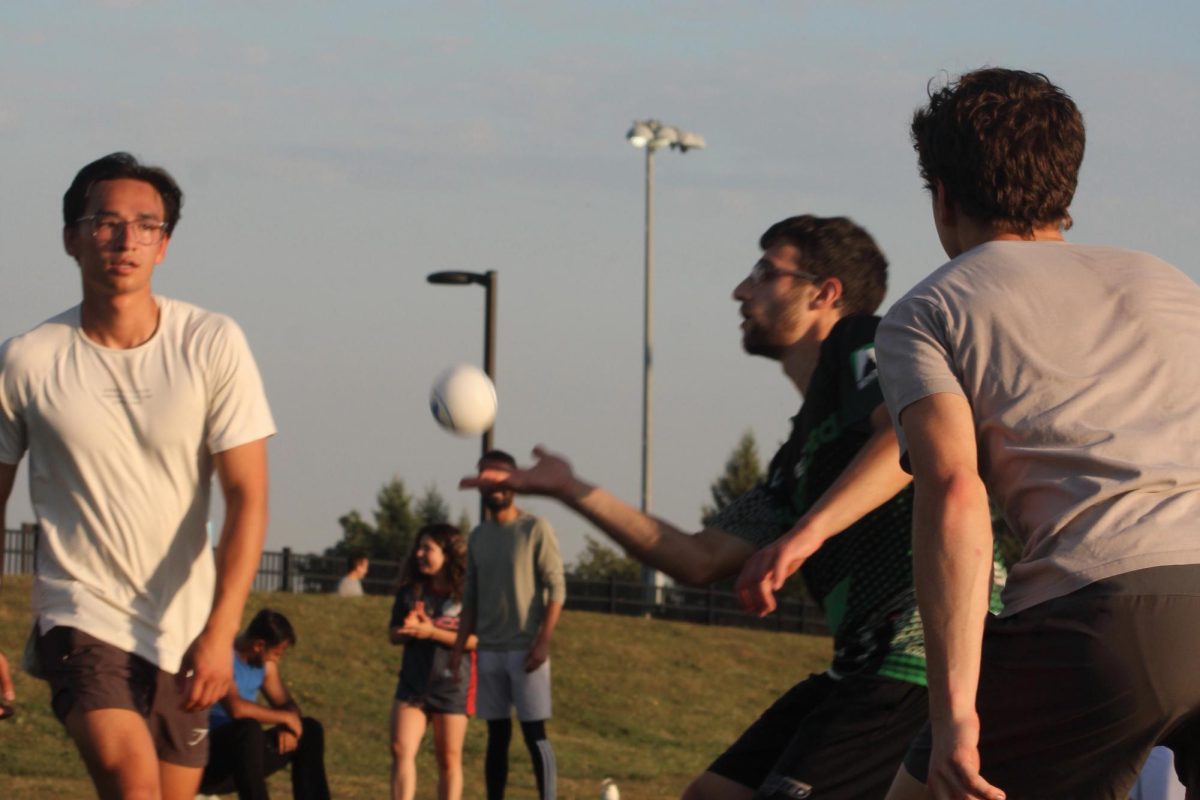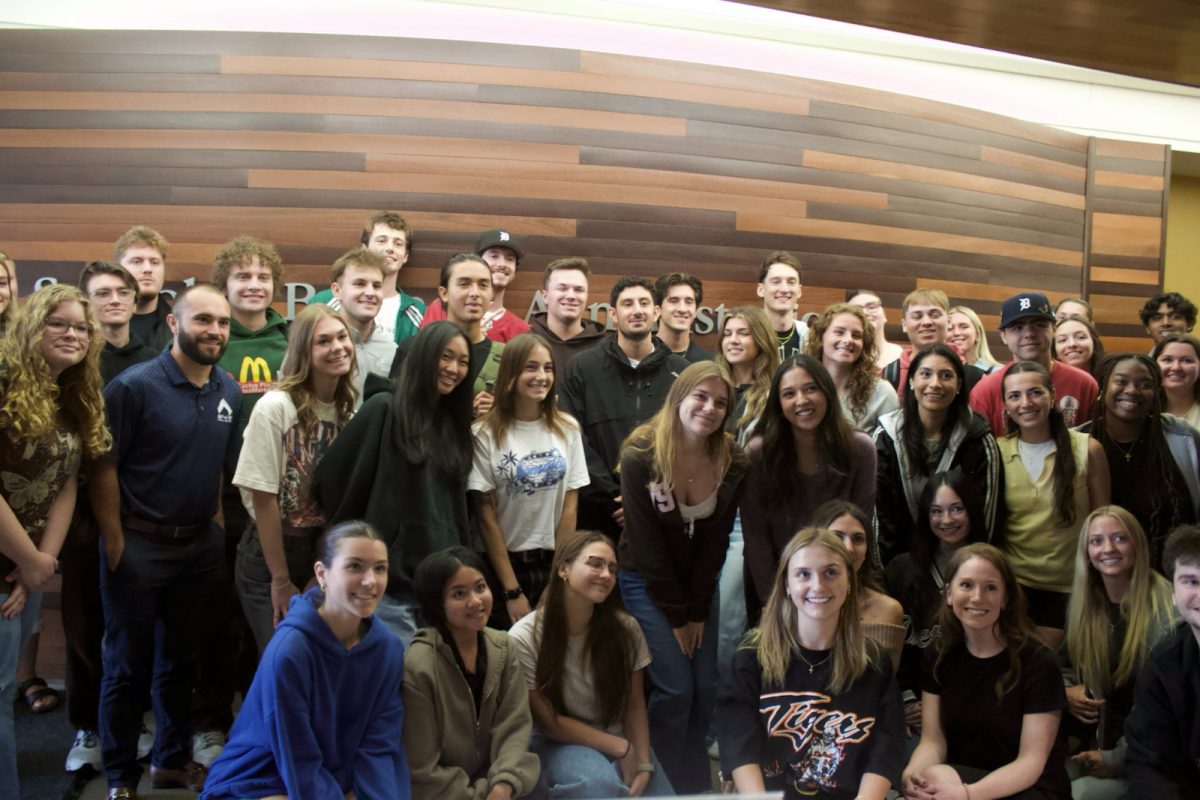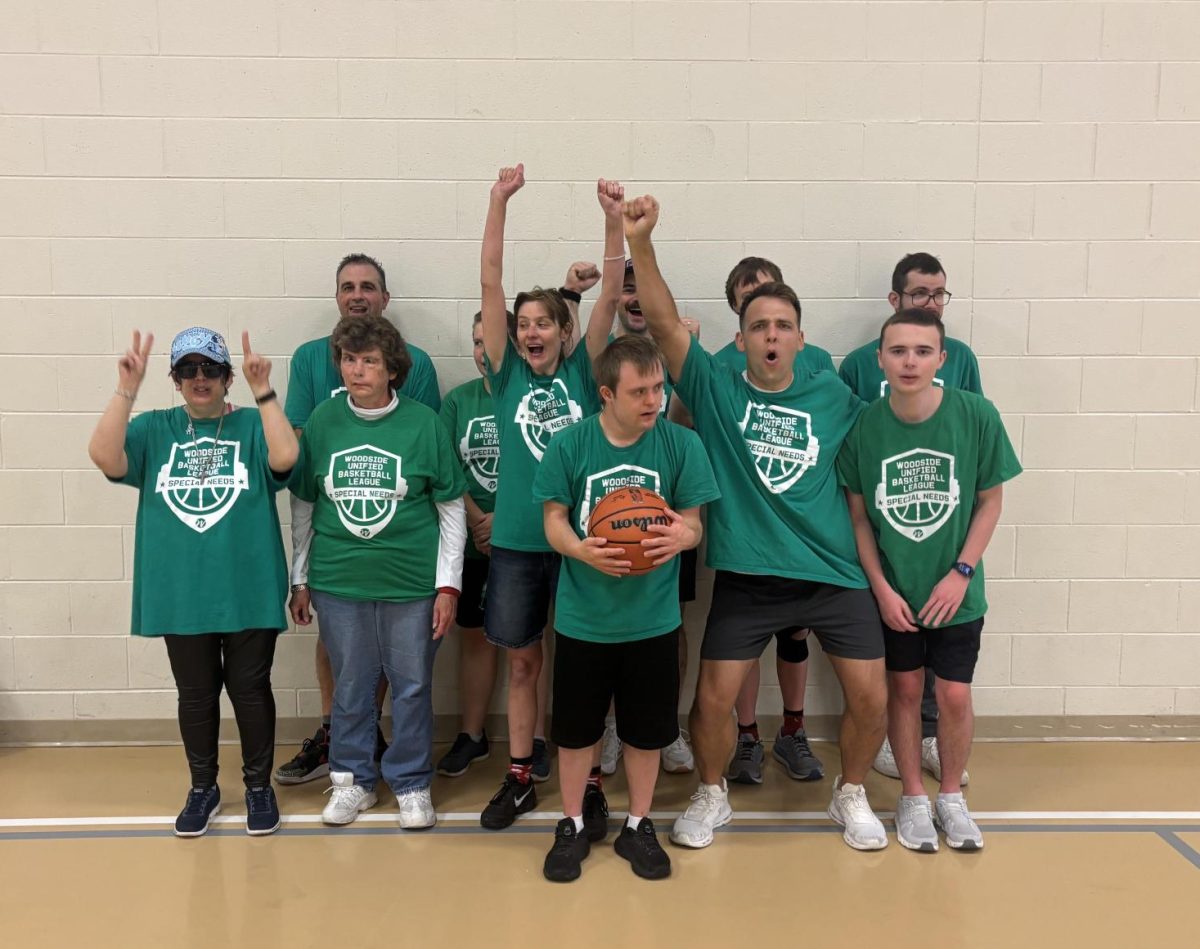Megan Semeraz, Oakland University alum, reporter and digital marketing specialist explores local coffee shops and parks with George — a Labrador-great Dane mix and her best coworker — in a routine she has maintained in preparation for brain surgery.
She recalls never expecting a doctor’s visit and a dermatologist appointment in 2018 to end up in a craniopharyngioma diagnosis — a tumor on the pituitary stalk.
“It has been about a year and eight months since finding out about the tumor,” Semeraz says “Initially, surgery sounded like the scariest thing on earth. It is still really scary, but I’ve sat with this since around last spring and knew for sure since August that surgery was going to be the best route.”
After going on and off birth control for a couple of years prior as instructed by her obstetrician-gynecologist, something changed but the doctor couldn’t say for sure what — Semeraz was asymptomatic.
“My OB/GYN just said it looked like I had PCOS, Polycystic Ovarian Syndrome,” Semeraz says, recalling the beginning of a time of uncertainty. “I just didn’t feel like I had the symptoms of PCOS. Finally, in the spring of 2023 at my annual OB/GYN appointment, I asked my doctor for a referral for an endocrinologist.”
Referrals are a few of the first issues the OU alum encountered in the healthcare system.
“In general, getting doctors to do further testing and refer you to another specialist is still a challenge,” Semeraz said. “You have to be your own advocate. In my current situation with surgery, I am finding the biggest challenge is there is no one to help fully navigate/steer me in directions because I don’t have a cancer diagnosis.”
With 10 years of experience in the industry working for McLaren Health Care marketing, Semeraz expected the small growth in her pituitary gland shown in the MRI.
“It was a Monday in early May [2023], I was outside with my dog after work and I decided to check my MRI results in my Beaumont chart online,” Semeraz says. “This is where I saw that I had a much larger growth and that I was to be referred to neurologic oncology.”
A second point of tension, Semeraz explains that the uncertainty created between technical diagnoses in an isolated screen and patients unfamiliar with uncommon medical disorders puts too much distress on patients.
“I know many doctors hate the fact that major test results are pushed to the patient portal before they can go over results with a patient,” Semeraz says, attesting to the two weeks of heightened anxiety before making sense of her new reality. “Our society is too used to having immediate results and this is an example of how harmful that can be.”
The neurosurgeon confirmed the tumor was benign, not cancerous. Uncertainty still looms over the diagnosis as it will be biopsied during the surgery scheduled for Jan. 29 at the University of Michigan. Until the biopsy, recovery and treatment procedures are still tentative.
“I’ll be five days in the hospital, assuming it goes smoothly,” Semeraz says with a positive prognosis and the surgeons’ optimism. “I have taken work off eight weeks, I’m hoping it will take four to six weeks. I want to go back to normal.”
Semeraz’s best friend will be taking care of George for a few days while she will be tended by her mom and sister — all taking time off work. Thus, Semeraz set up a GoFundMe to cover medical costs and living expenses.
After spending more time with friends and family, Semeraz meditates and stays home in preparation for the surgery, with renewed spirits as years of uncertainty come closer to an end. Remembering her advocacy stories for Karmanos Cancer Institute, Semeraz concludes her story with a note on advocacy — a life-saving action.
“I wouldn’t have ever gotten an MRI unless I asked my doctor for a referral. Even knowing I had a tumor, I got a few different opinions,” Semeraz says. “When in doubt, get a second, third, fourth opinion. It’s stressful and time-consuming, but you absolutely have to do your research — no one is going to do that for you. That is absolutely your biggest power as a patient.”






